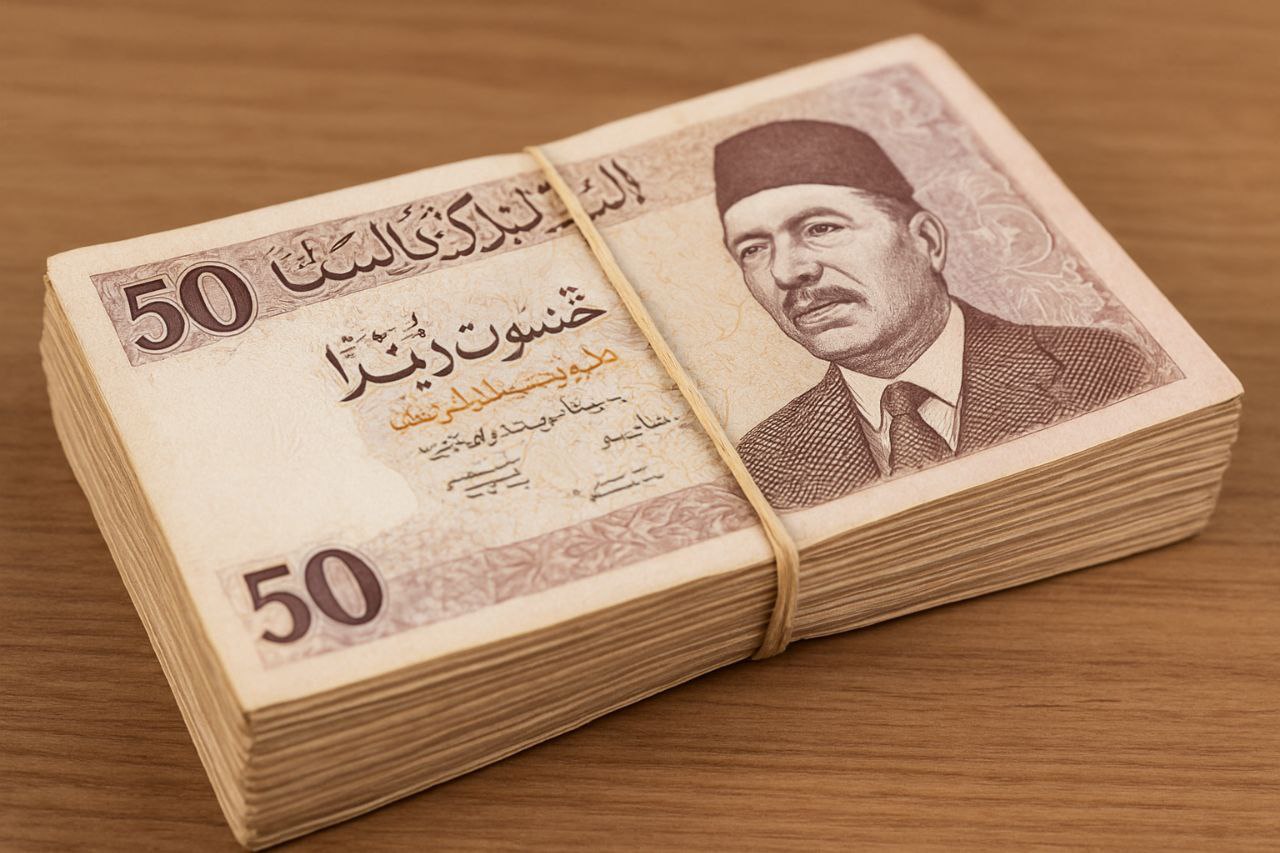While not quite as bad as Syria or South Sudan the money situation in Libya is still pretty whacked, with you not only having to change it in a market square, but wheel barrows of money also being part of the adventure.
It is though relatively easy to change money if you have local help, as well as being able to get the best exchange rate which is never from the government. Here is the guide to money in Libya.
Click to read about Libyan Cuisine.
Table of Contents

Money in Libya
The Libyan Dinar has had a chaotic modern history that mirrors the wider mess the country has gone through. Under Gaddafi the dinar worked but was tightly controlled and you could only change it legally at official banks. Black market exchange existed back then too but was nowhere near as wild as it became after 2011. Once the country split politically the currency split as well, meaning western Libya and eastern Libya printed different notes at different times. This created shortages, counterfeits and a general lack of trust in anything the central bank put out.
Modern Libya technically has a central bank and technically has an official exchange rate, but the reality is that daily life is entirely powered by the informal market. Salaries are often paid late, bank withdrawals are limited and transfers can take forever. Most Libyans rely on cash and most foreigners need a local fixer to navigate it. The dinar itself is not a terrible currency value wise, but the combination of political division and decades of economic stagnation has created a situation where the street decides the real value and the banks simply pretend otherwise.
Black market vs bank rate
The first thing you learn in Libya is that the bank rate is simply a work of fiction. If you use it you will get robbed blind without anyone needing to rob you. The black market rate is the only one that matters and this is what you will use everywhere from restaurants to shops to the cashiers in hotel lobbies.
Current approximate rates on the street are:
United States Dollar 1 USD = 7.6 to 7.8 LYD
Euro 1 EUR = 8.5 LYD
Tunisian Dinar 1 TND = 2.4 LYD
British Pound 1 GBP = 9.8 LYD
Turkish Lira 1 TRY = 0.24 LYD
Egyptian Pound 1 EGP = 0.16 LYD
These are the numbers that people actually trade with because the bank rate is completely unrealistic and would bankrupt anyone who used it. The black market exists because the banks cannot supply hard currency, the government controls everything badly, and the demand for dollars and euros is constant. With Libya importing almost all consumer goods the black market simply fills the gap left by a broken financial system.


Current banknotes and coins
Although the rate of one dollar to around seven and a half dinars is not all that bad compared to South Sudan or Zimbabwe, the problem comes from the fact the highest common note is just the ten. There are twenties and fifties around depending on which part of Libya you are in, but in many places you will end up with stacks of fives and tens. Compare that to the euro which buys eight and a half dinars and has a five hundred note. You get the picture.
Notes in circulation include the 1 dinar, 5 dinars, 10 dinars, 20 dinars and 50 dinars. Some older notes from before the split still appear but are less common. Coins technically exist in the smaller denominations but you will almost never see them. Libya is effectively a cash only country and it is a bulky cash at that.
How to change money in Libya
While there are technically money changers at the airport as well as a few hotel counters and some parts of the Tripoli Old City, in reality you need to go down to the main square to get the proper black market rate. The square is called Martyrs Square and it is jam packed with traders every day. Wheel barrows full of cash move around continuously in what is probably the closest thing Libya has to a functioning financial market.
Doing this without help is difficult, so you will want a fixer or guide to handle it. Dollars and euros are the easiest to change, followed by Tunisian dinars. In truth though they would probably trade almost anything with a face on it. The system is crude but it works and while it is not practical it is genuinely fun to watch in action.

To sum up on money in Libya
Never use the government rate and always change through the openly operated black market. Do not change more than you need because it is extremely hard to convert it back and it is also illegal to export more than two hundred dinars which is about twenty six dollars and sixty six cents. Conversely you can take out ten thousand dollars in cash without issue.
Worst case scenario just tip the excess to the guides because they deal with this nonsense every day and frankly earn every cent of it. Click to check my Libya Tours with YPT.

